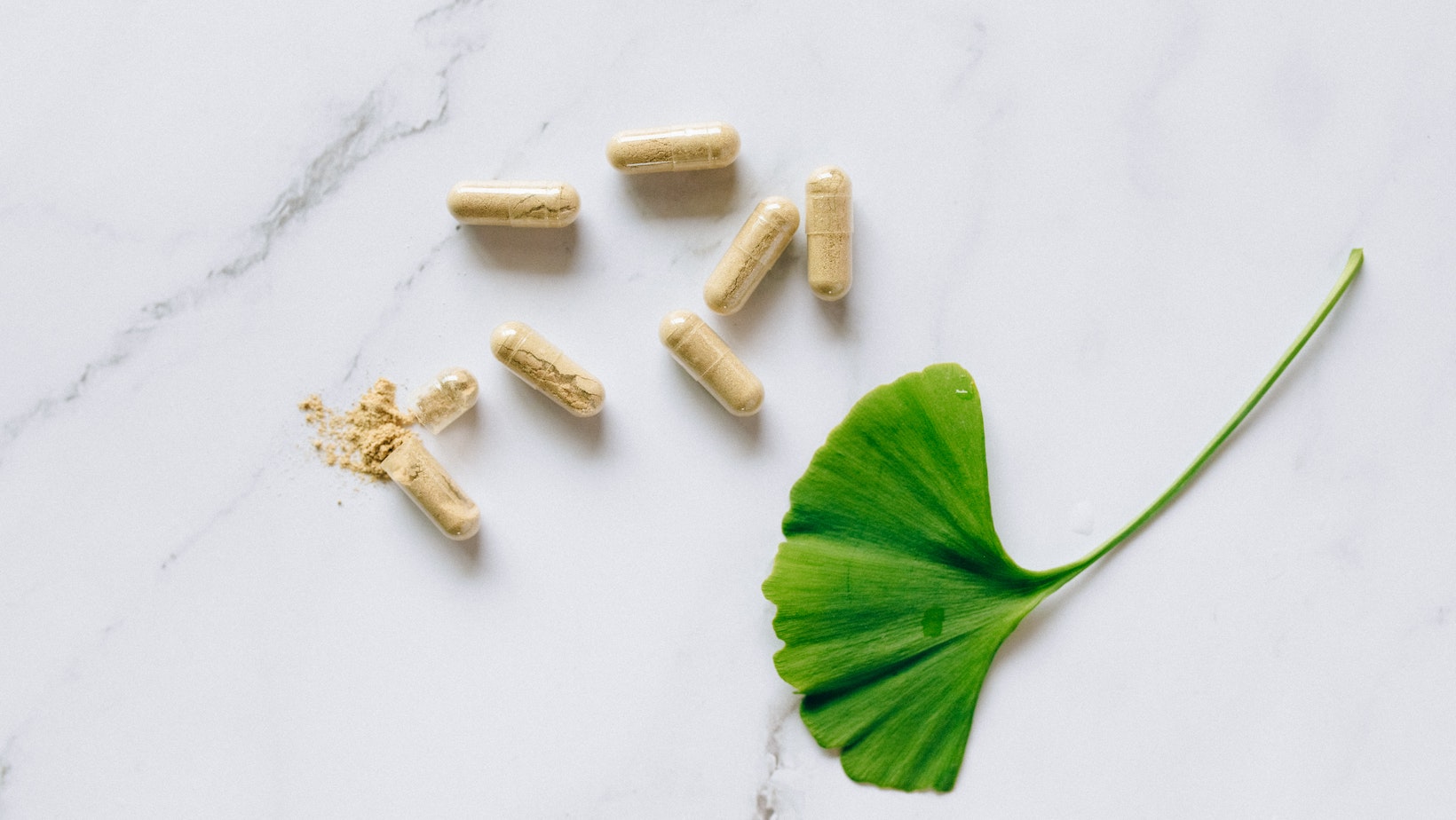
Are you having difficulty knowing when to take your CoQ10 supplements? If so, you’re not alone!
This article will provide the best times of day to take CoQ10 in order to maximize its benefits. It will also explain how to safely increase your dosage if needed. Read on for the answers that you need!
Introduction to CoQ10
CoQ10, also known as coenzyme Q10, is a naturally occurring antioxidant that is vital for energy production, cell growth, and maintenance. It is found in every cell of the body, with the highest concentrations in the heart, liver, and kidneys.
|
The best time to take CoQ10 depends on your individual needs and goals. Here are the most common scenarios: |
|
If you are taking CoQ10 for general health and wellness, it can be taken at any time of the day, with or without food. |
|
If you are taking CoQ10 to support cardiovascular health, it is generally recommended to take it in the morning with breakfast. |
|
If you are taking statin medications to lower cholesterol, it is recommended to take CoQ10 in the evening, as statins can deplete CoQ10 levels in the body. |
Pro tip: As CoQ10 is fat-soluble, it is advisable to take it with a meal containing healthy fats to improve its absorption.

Benefits of CoQ10
CoQ10, a powerful antioxidant, offers numerous health benefits, ranging from boosting energy levels to reducing the risk of chronic diseases such as heart disease, diabetes, and cancer.
When it comes to the best time to take CoQ10, it depends on the reason for taking it:
|
For general energy and wellness support, it’s best to take CoQ10 in the morning with breakfast, as this is when your body is most efficient at absorbing and utilizing nutrients. |
|
If you’re taking CoQ10 to support cardiovascular health, it’s recommended to take it with a meal that contains healthy fats, such as avocado or nuts, to increase its absorption and effectiveness. |
|
For those taking high doses of statins, which can deplete the body’s natural stores of CoQ10, taking it at bedtime may be more beneficial as statins are usually taken in the evening. |
It’s essential to speak with your healthcare provider before starting any new supplement regimen to ensure CoQ10 is right for you and determine the best time for you to take it.
Types of CoQ10
CoQ10, an enzyme involved in energy production in cells, is available in two forms: ubiquinone and ubiquinol. Ubiquinone is the oxidized form of CoQ10, while ubiquinol is the reduced form.
|
Form |
Description |
|
Ubiquinone |
This form of CoQ10 is more stable, less expensive to produce, and widely available in supplements. However, it needs to be converted to ubiquinol before it can be used by the body. Ubiquinone is suitable for people under the age of 40. |
|
Ubiquinol |
This form of CoQ10 is highly bioavailable and ideal for people over the age of 40. It does not require conversion and is readily absorbed by the body. |
When to take CoQ10: The best time to take CoQ10 is in the morning with breakfast or lunch. CoQ10 is best absorbed with food that contains dietary fats, such as nuts, seeds, avocado, or oily fish. Avoid taking CoQ10 in the evening, as it may interfere with sleep.
Factors to Consider When Choosing CoQ10
When choosing CoQ10, there are several factors to consider to ensure that you get the best quality supplement that meets your needs.
Here are some essential factors to keep in mind:
|
1. Form: |
Choose between soft gels, capsules, or tablets. |
|
2. Dosage: |
The standard dosage is between 90mg to 200mg per day. |
|
3. Bioavailability: |
Select supplements with higher bioavailability for optimal absorption and effectiveness. |
|
4. Quality: |
Choose CoQ10 supplements that are free of allergens, fillers, and additives. |
As for the best time to take CoQ10, it’s recommended to take it with a meal that contains healthy fats to improve absorption. Alternatively, you can take it with a meal high in vitamin C to promote its effectiveness.
Pro Tip: Consult with a healthcare professional before taking CoQ10 supplements to ensure it is safe and effective for you.

When is the Best Time to Take CoQ10
The best time to take CoQ10 largely depends on your individual needs and lifestyle. However, research suggests that taking CoQ10 with meals can enhance its absorption and effectiveness by up to three times. This is because CoQ10 is a fat-soluble nutrient that is better absorbed when consumed with dietary fats. Therefore, it is recommended to take CoQ10 supplements with meals that contain healthy fats.
On the other hand, taking CoQ10 at night may be beneficial for those who experience side effects such as insomnia or gastrointestinal disturbances when taking it during the day. Taking it at night may also help boost energy levels during the day by replenishing cellular stores during the sleep period. Ultimately, it is important to discuss the timing and dosage of CoQ10 supplementation with a healthcare professional to determine what will work best for you.
Potential Side Effects of CoQ10
CoQ10 is a supplement that has been shown to have a range of health benefits, but it also has potential side effects that users should be aware of.
Some of the common side-effects include nausea, diarrhea, and upset stomach. More severe effects include allergic reactions and blood sugar regulation, particularly for diabetes patients. Hence, it’s crucial to consult with your doctor before starting to take CoQ10.
Now coming to the best time to take CoQ10, it should be taken with food, as it enhances its absorption in the body. Many people prefer to take it in the morning as it helps with energy production throughout the day. However, if you are taking it for insomnia or migraine headaches, your doctor may recommend taking the supplement before bed for maximum benefits. ultimately, your doctor’s recommendations should always override any general advice.
Dosage Recommendations for CoQ10
CoQ10 is a powerful antioxidant and a popular dietary supplement known for its potential health benefits. The recommended dosage of CoQ10 supplements depends on several factors, such as age, health status, and the reason for taking it.
|
Age Group |
Recommended Dosage |
|
Adults 19 years and older |
30 to 200 milligrams (mg) daily, taken in divided doses. |
|
Older adults who may have lower CoQ10 levels |
100 to 200mg daily. |
|
Individuals with specific health concerns (e.g., heart disease or migraines) |
60 to 600mg daily, under the supervision of a doctor. |
It is best to take CoQ10 with a meal that contains fat for optimal absorption. Also, taking CoQ10 later in the day may help prevent sleep disturbances.
The ideal time to take CoQ10 supplements is in the morning with breakfast or lunch to ensure maximum absorption and utilization by the body.
CoQ10 is a vital enzyme that is needed for healthy cell function and energy production. However, the body’s natural production of CoQ10 decreases with age, and some health conditions and medications can also lower its levels in the body. Taking CoQ10 supplements can help replenish these levels and provide various health benefits, including improved heart health, brain function, and exercise performance.
Always consult with a healthcare professional before starting any new supplement routine, especially if you have a pre-existing medical condition or are taking other medications.
